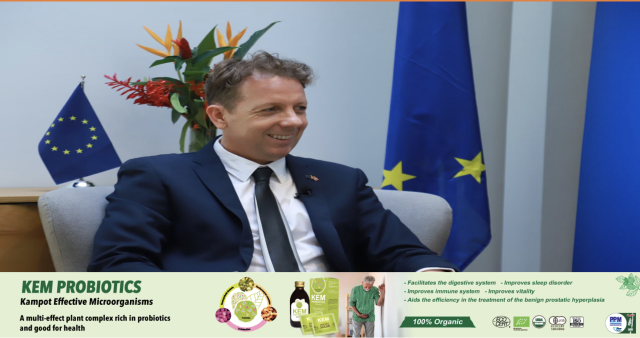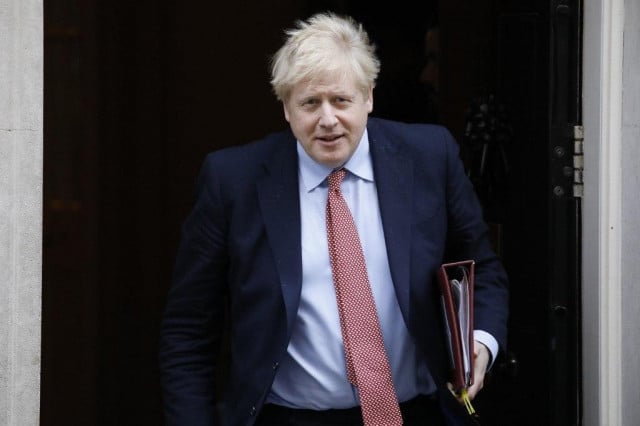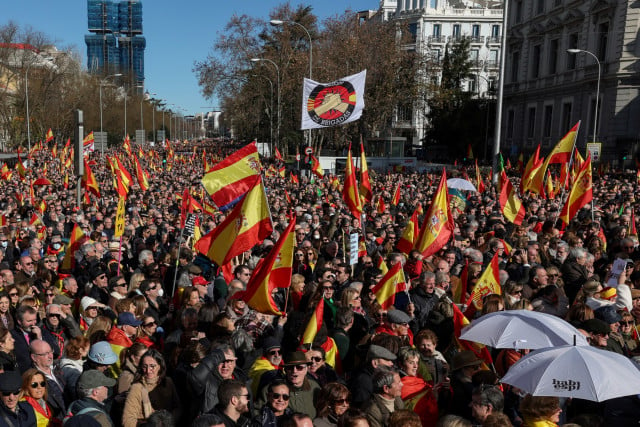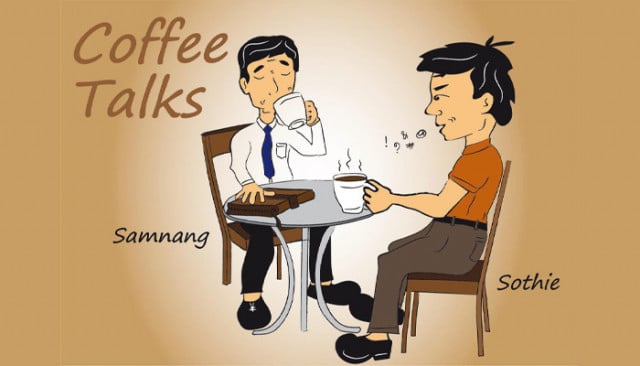EU Helps Cambodia to Prepare for Lost Tariff Preferences

- By Teng Yalirozy
- November 25, 2023 9:16 PM
PHNOM PENH – The European Union will help Cambodia add value to its products to prepare for the withdrawal of Everything but Arms (EBA) after the country graduates from least developed county status.
Cambodia, however, can upgrade the partnership to still get access to trade benefits while working on its original products for more value in the EU market.
“Automatically, once you become a middle-income country, the trade regime changes,” said the EU Ambassador to Cambodia Igor Driesmans.
“It's different for the United States, Canada or other partners in the world. For us, you automatically are under what we call the generalized system of preferences, GSP.”
The EBA scheme provides duty-free, quota-free access to the EU market for least developed countries.
Cambodia is the beneficiary of the scheme with textiles, footwear, bicycles, processed food and rice accounting for 95 percent of exports to the EU in 2019.
Out of the total exports, about 98 percent were eligible for EBA preferential duties.
In 2020, the European Commission withdrew part of Cambodia's tariff preferences under the EBA scheme, affecting garment, footwear, travel goods, and sugar, which affected one-fifth of Cambodia's EU exports.
“When Cambodia graduates, some of these trade preferences might automatically cease to exist,” Ambassador Driesmans said.
Cambodia is one of 46 countries in the category and has fulfilled two of the three criteria required for the leased developed country graduation.
It met the graduation criteria for the first time in 2021 and will be assessed again in 2024. This could pave the way for the country to graduate from the status in 2027 and to achieve the goal of becoming a high-middle-income country in 2030.
“As of 2030, we will be treated differently under a different trade regime,” Driesmans said.
“So that means two things. One is we will reduce or rather increase the tariffs on products of Cambodia coming in. And secondly, the Rules of Origin might change.”
He explained under the Rules of Origin, Cambodia must produce and process the products in the country, meaning it cannot import products and then export them to the EU.
“As Cambodian products, you need to actually process them here,” he said.
He pointed out that Cambodia significantly produced cashew nuts. However, the products would lose their value if the nuts were processed outside of the country before being exported to the EU or global markets.
“So, we want to assist the cashew nut producers, in partnership with the government to ensure that the processes are done here so that before they are exported, they're actually a complete product.
“It's all about adding value to the processing in what we call the value chain in Cambodia.”
Upgraded partner with the EU
Asked whether it is good for Cambodia to get out of the LDC status and lose access to trade benefits, Ambassador Driesmans said Cambodia could lift its reputation and value among the partners.
“They can feel the economic vibe, but I think it's normal that partners treat a poor country differently than they treat a middle-income country,” he said.
“Hence, the different kinds of trade regimes, that not just us but many around the world, have with least developed countries as compared to others.”
He said to avoid the middle-income trap during the transitional period, partners with the private sector, industry, and government are needed to ensure economic transformation and growth.
Driesmans said Cambodia can ask to become an upgraded partner under the GSP Plus–a special incentive supporting vulnerable developing countries that have ratified 27 international conventions on human rights, labor rights, environmental protection, climate change and good governance.
“GSP has much less trade preferences than the current Everything But Arms,” he said.
“We get into a system that is somewhere in between GSP and Everything But Arms. But, of course, there are a number of conventions that the Cambodian government will need to comply with. But it's somehow better or upgraded system as compared to GSP.”
He said he was keen to have a discussion on this topic with the Cambodian government and other partners to make sure that the private sector and the industry are ready.
“That’s why we work to make sure that we help Cambodia, and it’s interesting to move along the value chain.”















